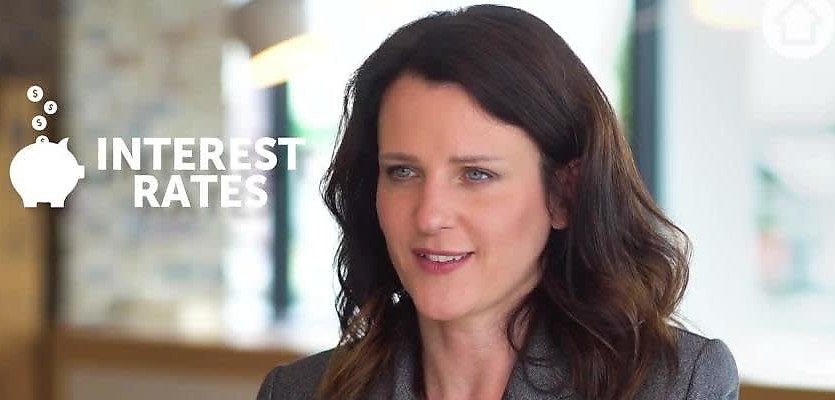The big unknown in the property recovery is the result of the May federal election, according to realestate.com.au, and if it wasn’t looking like we’re in for a change of government, it is likely we would be seeing prices stabilising right now.
Elections create paralysis in property markets, it said in its April 2019 Property Outlook report, and new listing volumes decline and buyers sit on their hands.
The report added that this election is particularly meaningful for property in that the ALP has flagged big changes to negative gearing and capital gains tax concessions.
Chief economist at realestate.com.au Nerida Conisbee said that the move to restrict negative gearing to only new properties from 1 January 2020 will have the biggest impact.
She said that modelling by both sides of government, as well as independent consultants, has predicted that prices will fall and rents will rise.
“Australia has become almost completely dependent on ‘mum and dad investors’ to provide rental housing in Australia, which is quite different to the rest of the world.
“These individual investors have become dependent on tax incentives to make owning a low-yielding property viable. With no back-up plan to address this fall in investor activity, rental rises could become problematic, particularly in places already dealing with rental-related issues such as Hobart.”
Ms Conisbee said that another problem is that, in regional areas with no demand for new housing, a drop in rental housing supply would be exacerbated.
“And for our major cities, renters may be pushed into inner-city apartments and outer suburban estates, areas with high supply. This would create a missing middle for renters which would become the domain of owner-occupiers only.”
Stand-off
She said that a Liberal win would create stability in housing markets. It would get buyer and seller activity moving again, and rents would continue to rise with the market.
Ms Conisbee said that an ALP win would lead to continual falls and stability would be delayed by at least 12 months. Rent rises, she said, would be above market rises.
“In the end, the change to investor incentives would be good news for first home buyers and mean very little to most home owners given that the majority purchased before the rapid rise in prices.”
She said that falling prices do have a big impact on sentiment, problematic for overall consumer sentiment and spending, but there are two “bigger” problems.
“The first is that the supply pipeline is falling and the flow-on to economic growth could be significant,” Ms Conisbee said.
“The second is rising rents. Renters who do not benefit from capital growth in housing are typically younger, poorer and more likely to be under housing stress, which means even small increases in rents can be problematic.”
She said that moves to get more institutional investment into rental housing through changes to the managed investment trust structure will take time and may not make up for a drop in investment by traditional suppliers.









You are not authorised to post comments.
Comments will undergo moderation before they get published.